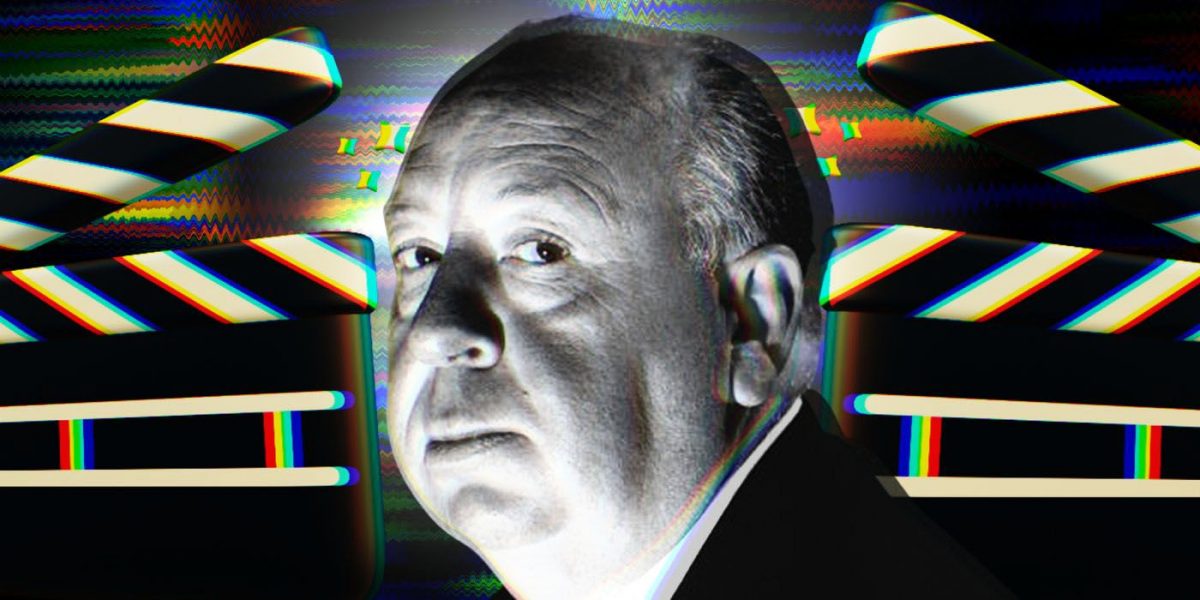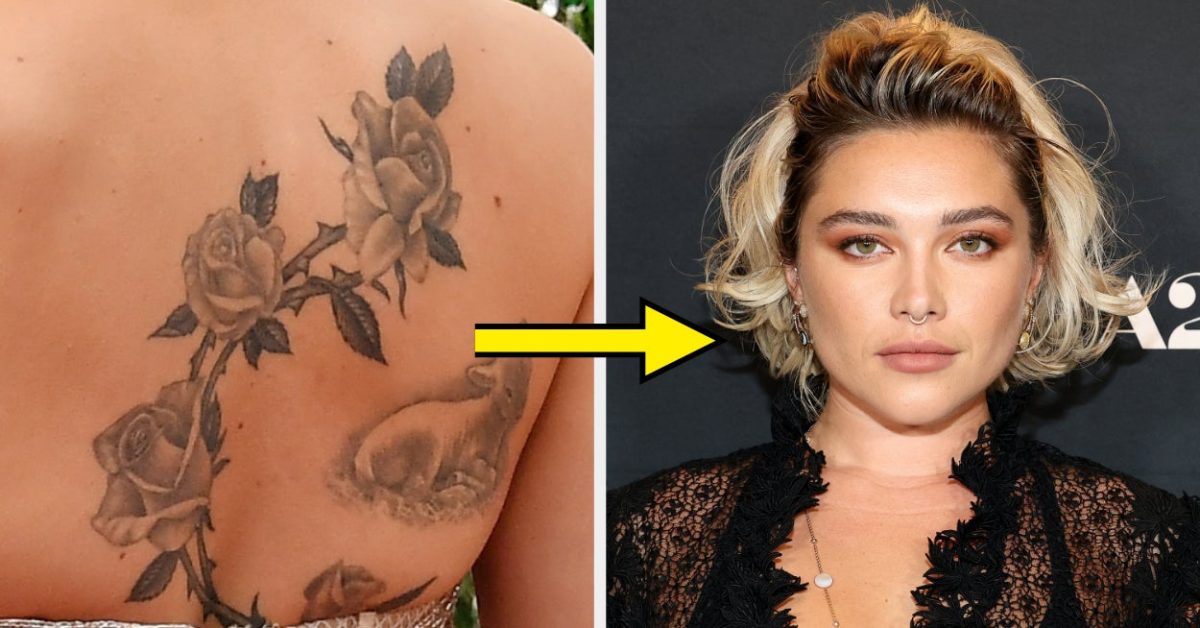
The Classic Film That Alfred Hitchcock Called “Almost Perfect”
Nov 18, 2023
The Big Picture
Alfred Hitchcock considered F.W. Murnau’s The Last Laugh to be a nearly perfect film that had a tremendous influence on his career. The Last Laugh used innovative camerawork and minimal intertitles to tell its story, relying on imagery to convey emotions and plot. The film features a surprising, comedic twist ending that may be unrealistic, but provided the spiritual uplift that its contemporary audience needed.
“Almost perfect” is about the highest praise you can get coming from someone who made more masterpieces than there are days in the week, and for Alfred Hitchcock, that praise was bestowed upon the film he claims he learned the most from: German expressionist F.W. Murnau’s The Last Laugh. Nearing its centennial, The Last Laugh was released in 1924 and proved a pioneering tour de force of filmic storytelling, with cinematography that revolutionized the very concept of character-based narratives and championed themes that endure today while also offering a window into the past. But what exactly did the master of suspense find so fascinating about what’s arguably the Nosferatu-director’s masterwork, and how did it go on to influence his overwhelmingly prolific career?
Let’s get one thing straight: while The Last Laugh may have been described by Hitchcock himself as “the only external formative influence” on his career, it has little to do with Hitchcock’s own genre preferences. The director came across the film when working as an assistant on The Blackguard, which was next door to Murnau’s own production, becoming fascinated by the old master’s innovation. The film was known at the time as belonging to the Kammerspielfilm genre, which translates to “chamber drama.” That doesn’t mean that films of the genre all take place in one room, but that its focus remains on psychological character-based action rather than the intricate set designs of, say, The Cabinet of Dr. Caligari (which was also co-written by The Last Laugh’s own Carl Mayer). These films typically focused on the working class and tackled themes reflective of the common plights of ordinary moviegoers, which makes sense when you consider that in 1924 Germany, there were plenty of plights to be portrayed.
The Last Laugh (1924) An aging doorman is forced to face the scorn of his friends, neighbors and society after being fired from his prestigious job at a luxurious hotel. Release Date January 5, 1925 Director F.W. Murnau Cast Emil Jannings, Maly Delschaft, Hermann Vallentin, Olaf Storm Rating Not Rated Runtime 90 minutes Main Genre Drama
What Is ‘The Last Laugh’ About?
About four or five things happen in all of The Last Laugh, but every frame in between is completely devoted to watching our protagonist’s world fall out from under him. The plot itself is rather simple: an aging hotel doorman loses his job as a result of his increasing frailty, prompting a personal crisis as his social standing is eviscerated as a result. The doorman (Emil Jannings, who accomplished a slight achievement in the form of the first Academy Award ever), is demoted to a washroom attendant and tries to maintain appearances through stealing back his prestigious uniform, only to be discovered as a liar and cast out. The most remarkable thing about this drama, however: there are no words!
Even the most physical of the era’s silent American comedies, like Harold Lloyd’s Safety Last! or the pre-sound films of Charlie Chaplin, heavily relied on intertitles to convey their stories, even getting a few gags out of them as well (Safety Last! in particular tricks you into thinking you’re watching a man on death row before discovering that it’s just Harold going to the big city). Why, 1921’s The Phantom Carriage is so narratively dense that you could turn those intertitles into their own novella. Murnau, however, was only interested in showing, not telling!
How ‘The Last Laugh’ Influenced Alfred Hitchcock
While there are a couple of moments in which characters read letters that offer crucial bits of plot info, there is but one single intertitle in The Last Laugh, separating the film’s epilogue from its body. In the words of Hitchcock, it was the reason he adored it so: “The Last Laugh was almost the perfect film. It told its story even without subtitles – from beginning to end entirely by the use of imagery, and that had a tremendous influence on me.” You can see that influence directly in the very opening sequence of Rear Window, which, like The Last Laugh, frames characters in between frames to both characterize them and box them in, expressing a sense of claustrophobia or separation from society for our poor old protagonist.
Equally influential was the “unchained” camera technique that Murnau pioneered. Of course, ‘unchained camera’ is just a more poetic way of expressing what is today known as a dolly shot, but at a time when cinematic technology was comparatively primitive, The Last Laugh’s accomplishments in camerawork are nothing short of magic. With no words to describe a character’s emotions, Murnau settled for a camera crash zooming (paging Mr. Wright) into a disheveled old man’s face to tell us everything we need to know about his world falling out from under him. Hitchcock would later push this and pioneer his own techniques, such as the “vertigo effect,” but if he were alive today he’d be the first to tell you that it all started here.
‘The Last Laugh’ Features a Bizarrely Comedic Ending
Image via Universal
Spoilers ahead for this hundred-year-old gem: The Last Laugh may not have been the first film to feature a twist ending, but even though it’s far from a horror film, it’s surprise epilogue still has the capacity to shock. The main body of the film comes to an end after the former doorman, too ashamed to go back home, spends the night in the lavatories of the hotel he works in. We are then given the first instance of intertitles within the film that reads like a confession: “Here our story should really end, for in actual life, the forlorn old man would have little to look forward to but death. The author took pity on him, however, and provided quite an improbable epilogue.”
We’re spun back into the high-society hotel as its residents feast on caviar and champagne, with news spreading about an eccentric millionaire (aptly named A.G. Money) who died in the arms of a washroom attendant, his will specifically stating that all of his possessions be inherited by the person whose arms he dies in. Sure enough, our favorite disgraced doorman got lucky and landed himself the fortune of a lifetime. Its joy is on par with the ending of It’s a Wonderful Life, as the now stupendously rich former doorman surveys his former working grounds like a king, tipping every server and bellhop that so much as looks at him. The preceding text insists that this ending is incredibly unrealistic, almost apologizing as it plays against expectations by acknowledging the author’s pity, but given Germany’s postwar inflation and the then-current rise of the Nazi party, this forced happy ending is the spiritual uplift its contemporary audience needed.
The Last Laugh is a masterpiece for many reasons, least of all because Hitchcock is a fan, but watching Murnau break the boundaries of what he thought was possible at the time at such a young age is sure to have influenced the iconoclastic director to do the same. Beyond framing his subjects so that his visuals are able to tell stories that his dialogue can’t (at least not as interestingly), there’s a boldness to both Hitchcock and Murnau’s work that allows them to tell tightly constructed stories through which they experiment, not by breaking the medium, but testing it.
The Last Laugh is available to stream for free on Kanopy.
Watch on Kanopy
Publisher: Source link
Can You Guess The Celebrity Based On A Photo Of Their Tattoos?
Hopefully, this quiz leaves a mark on you!View Entire Post › Disclaimer: This story is auto-aggregated by a computer program and has not been created or edited by filmibee.Publisher: Source link
Jan 5, 2025
Selena Gomez’s Celebrity Crushes Were Chad Michael Murray & Jesse McCartney
Selena Gomez's heart wants what it wants. And when she was younger, the Only Murders in the Building star's heart was reserved for her two major celebrity crushes: Chad Michael Murray and Jesse McCartney. In fact, she recalled a specific…
Jan 5, 2025
Alabama Barker’s $80k Christmas Haul Revealed
Meanwhile, Travis bought Alabama a pair of diamond earrings, as well as her third Cartier Love bracelet. Alabama said that Travis buying her a Cartier bangle “is kind of like a tradition now” as she explained that “every year” Travis…
Jan 4, 2025
Ice-T and Coco Celebrate Their “Sexy” 24th Marriage Anniversary
Ice-T and Coco Austin are ringing in a major milestone. The Law and Order: Special Victims Unit star and the model, who are parents to daughter Chanel Nicole, 9, not only celebrated the start of 2025 on Jan. 1 but…
Jan 4, 2025











